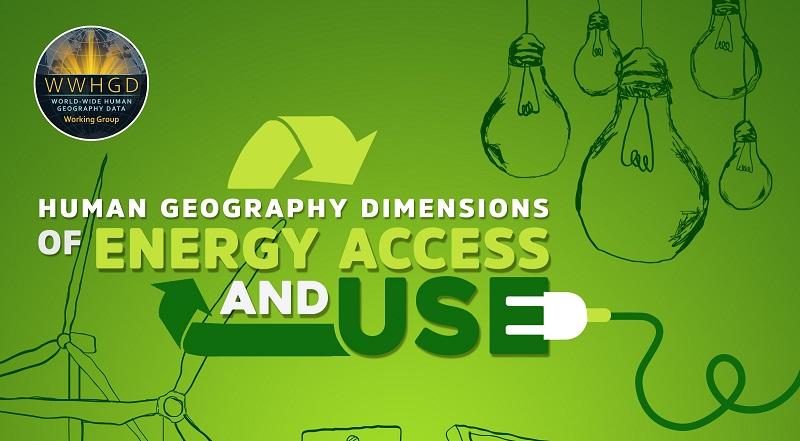
The World-Wide Human Geography Data (WWHGD) Working Group, Georgetown University, and the Urban Dynamics Institute at Oak Ridge National Laboratory are co-organizers of the “Human Geography Dimensions of Energy Access and Use” Symposium at Georgetown University, Washington, D.C., on June 27, 2018.
The WWHGD Working Group, established in 2011 and co-led by the National Geospatial-Intelligence Agency and the Department of State, seeks to build voluntary partnerships across the human geography data and mapping communities with the goal of promoting human security. With diverse membership in more than 150 countries, the group provides an international platform to discuss issues in human geography and promote open access to critical data that can inform research, policies, and emergency preparedness globally.
The 2018 symposium gathers leading experts from research institutes, government, academia, and industry to explore using human geography data resources to generate insights on energy use, demand, and access globally.
The conference aims to:
- Identify human geography datasets that are instrumental in deepening our understanding of access to energy.
- Explore current projects, applications, and methodologies that offer opportunities for increased understanding of the spatial distribution of energy, demand, and evolving social practices.
- Discuss the role that human geography data plays in strengthening resilience and informing responses during and after energy disruptions and shocks.
Date
June 27, 2018
Venue
Intercultural Center (ICC) Auditorium, located inside the Edward B. Bunn, S.J. Intercultural Center, at Georgetown University, Washington, D.C.
Keynote Speaker
Dr. Griffin Thompson, Office of Renewable Energy and Energy Efficiency, Department of State
Agenda
Organizers
The World-Wide Human Geography Data (WWHGD) Working Group
The Urban Dynamics Institute, Oak Ridge National Laboratory
Walsh School of Foreign Service, Georgetown University

